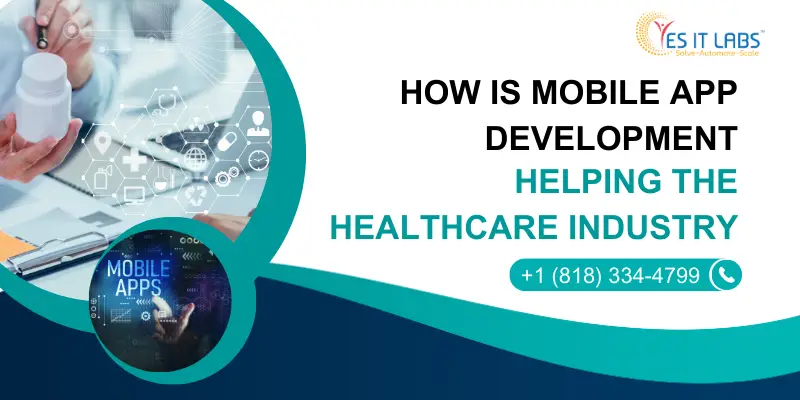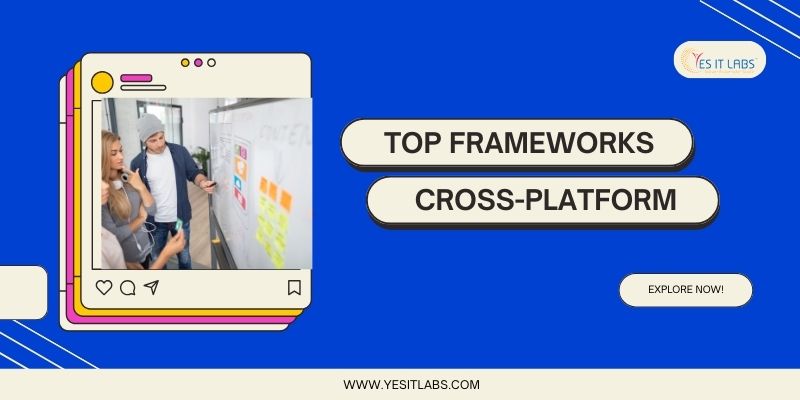 By Alexis Bell
By Alexis Bell Navigating the Future: Trends in Healthcare App Development
In recent years, healthcare app development has emerged as a transformative force in the medical landscape, promising improved patient care, enhanced accessibility, and streamlined workflows for healthcare professionals. As we look towards the future, the evolution of healthcare apps is poised to revolutionize the industry even further. Let’s explore some key trends and predictions shaping the future of healthcare app development.
- AI-driven Diagnostics: Artificial Intelligence (AI) is set to play a pivotal role in healthcare app development, particularly in the field of diagnostics. Advanced algorithms can analyze medical images, patient data, and clinical records to assist healthcare professionals in making accurate diagnoses. AI-powered chatbots and virtual assistants are also expected to become more sophisticated, offering personalized health recommendations and answering patient queries in real-time.
- Wearable Health Devices: The proliferation of wearable devices, such as smartwatches, fitness trackers, and medical sensors, is transforming how individuals monitor and manage their health. Healthcare apps will increasingly integrate with these devices to collect real-time data on vital signs, physical activity, and sleep patterns. This wealth of information can empower users to take proactive measures towards preventive healthcare and early intervention.
- Virtual Reality Therapies: Virtual Reality (VR) has the potential to revolutionize the treatment of various medical conditions, from chronic pain to anxiety disorders. Healthcare apps leveraging VR technology can provide immersive experiences for therapeutic purposes, such as pain distraction during medical procedures, exposure therapy for phobias, and rehabilitation exercises for motor skills. As VR hardware becomes more affordable and accessible, we can expect to see a surge in VR-based healthcare applications.
- Telemedicine and Remote Monitoring: The COVID-19 pandemic has accelerated the adoption of telemedicine and remote monitoring solutions, driving demand for healthcare apps that facilitate virtual consultations and remote patient monitoring. Telemedicine platforms enable patients to access healthcare services from the comfort of their homes, reducing the burden on healthcare facilities and improving patient access to care, particularly in underserved areas.
- Blockchain for Healthcare Data Management: Blockchain technology holds immense promise for enhancing the security, interoperability, and integrity of healthcare data. Healthcare apps leveraging blockchain can enable secure sharing of medical records, facilitate transparent supply chain management for pharmaceuticals, and enhance data privacy and consent management. As data privacy concerns continue to mount, blockchain-based solutions offer a compelling approach to safeguarding sensitive health information.
As these trends continue to unfold, healthcare app development companies, specializing in Healthcare Websites and Mobile Apps, are at the forefront of driving innovation and shaping the future of healthcare delivery. By harnessing the power of AI, wearable devices, virtual reality, telemedicine, and blockchain technology, these companies are poised to revolutionize how healthcare services are accessed, delivered, and experienced by patients and providers alike.

How is Mobile App Development Helping the Healthcare Industry?
Mobile app development has become a cornerstone of innovation within the healthcare industry, offering a wide array of benefits for patients, healthcare providers, and other stakeholders. Here are some ways in which mobile app development is transforming the healthcare landscape:
- Improved Access to Care: Healthcare apps enable patients to access medical services and information anytime, anywhere, eliminating geographical barriers and reducing wait times for appointments.
- Enhanced Patient Engagement: Mobile apps empower patients to take an active role in managing their health by providing personalized health insights, medication reminders, symptom tracking tools, and educational resources.
- Streamlined Workflows for Healthcare Providers: Healthcare apps streamline administrative tasks, such as appointment scheduling, billing, and electronic health record (EHR) management, allowing healthcare providers to focus more on patient care.
- Remote Monitoring and Telemedicine: Mobile apps facilitate remote monitoring of patients’ vital signs, chronic conditions, and medication adherence, enabling healthcare providers to deliver virtual consultations and interventions, particularly valuable during public health crises like the COVID-19 pandemic.
- Data-driven Insights and Decision-making: Healthcare apps collect vast amounts of data on patient health metrics, treatment outcomes, and population health trends, which can be analyzed to derive actionable insights for improving clinical outcomes, resource allocation, and healthcare delivery efficiency.
In summary, mobile app development is revolutionizing the healthcare industry by enhancing access to care, empowering patients, streamlining workflows for healthcare providers, facilitating remote monitoring and telemedicine, and enabling data-driven decision-making.
How Much Does it Cost to Develop a Healthcare App?
The cost of developing a healthcare app can vary significantly depending on various factors, including the app’s complexity, features, platform compatibility, regulatory requirements, and development approach. Here’s a breakdown of the key cost considerations:
- Development Team: The cost of hiring developers, designers, project managers, and quality assurance specialists will comprise a significant portion of the overall development cost. Rates may vary based on location, expertise, and experience level.
- Features and Functionality: The complexity and scope of features integrated into the app, such as appointment scheduling, telemedicine capabilities, EHR integration, data analytics, and patient engagement tools, will impact development costs.
- Regulatory Compliance: Healthcare apps must adhere to stringent regulatory standards, such as HIPAA compliance in the United States or GDPR in Europe, which may require additional resources for ensuring data security, privacy, and regulatory compliance.
- Platform Compatibility: Developing a healthcare app for multiple platforms (iOS, Android, web) will incur additional costs compared to a single-platform solution due to the need for platform-specific development and testing.
- Third-party Integrations: Integrating third-party services, such as electronic health record (EHR) systems, payment gateways, pharmacy services, or health data APIs, may require licensing fees or development efforts, adding to the overall cost.
- Maintenance and Support: Post-launch maintenance, updates, bug fixes, and technical support are ongoing costs that should be factored into the overall budget for the app’s lifecycle.
While it’s challenging to provide a precise estimate without detailed project requirements, healthcare app development costs typically range from tens of thousands to hundreds of thousands of dollars, with more complex projects potentially exceeding a million dollars in development expenses. Working with an experienced healthcare app development company can help you navigate these cost considerations and ensure the successful execution of your project within budgetary constraints.
Conclusion
The cost of developing a healthcare app can vary depending on factors such as development team composition, features and functionality, regulatory compliance, platform compatibility, third-party integrations, and ongoing maintenance and support requirements. By carefully assessing these cost considerations and partnering with a reputable healthcare app development company, you can bring your vision for a healthcare app to life while staying within your budgetary constraints.
Tags: healthcare app development, healthcare app development company., Healthcare Websites and Mobile Apps, mobile app developmentLatest Resources
Top Frameworks for Cross-Platform App Development in 2025
January 22, 2025
A Guide to Types of Artificial Intelligence (AI)
January 14, 2025
Key Benefits of React Native App Development
January 7, 2025
Leveraging AI in Startup Software Development: Trends and Tips
December 30, 2024
Mobile Optimization for Shopify Apps: Best Practices
December 23, 2024











 Services
Services

